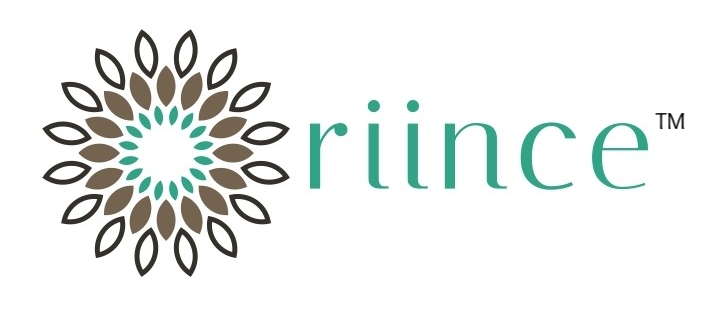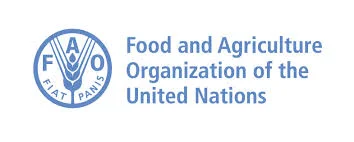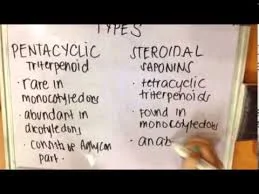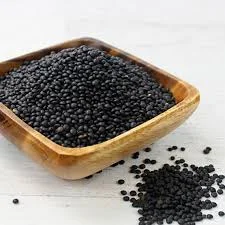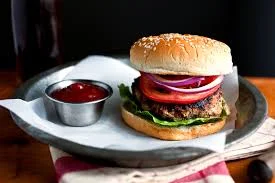"Pulses are good for people, and are good for soils," Eduardo Mansur, the head of FAO's land and water division, said today at an event that highlighted the promising future of edible seeds such as lentils, chickpeas and pigeon peas, all often neglected in the shadow of the world's major staple grains.
Why You Should Get Onboard With Angelina Jolie’s Ancient Grains Diet (It's Easy)
Super Duper 'Ancient' Grain
Labour saving technologies and practices: Manual and motorised cleaning of grains and pulses
Why Clean Grains Seeds and Pulses?
We are often asked if it is necessary to clean Grains, Seeds and Pulses.
These foods, like most agricultural products are grown in soil, are exposed to environmental contaminants and sometimes pesticides. Unlike most fruits and vegetables, seeds and grains can contain their own naturally occurring chemicals designed to protect them from insects and birds.
To Lose Weight, Eat Beans, Lentils & Chickpeas ...
The meta-analysis made by St Michael’s Hospital studied 940 participants from 21 various clinical trials. The research found that one serving of pulses caused an average loss of 0.34 kilogramme, or 0.75 pounds, over six weeks. There was no effort by the participants to cut other foods, reports CTVNews.
The Carbon Footprint of a Burger
Deep impact: The Toll Your Protein Takes on the Earth
World meat consumption more than doubled between 1950 and 2009 (bringing annual intake per person to over 90 pounds or around a quarter pound a day), and the uptick in consumption of eggs and milk has been similarly staggering. If we continue at this rate, by 2050 we’ll be eating two-thirds more animal protein globally than we are today.
